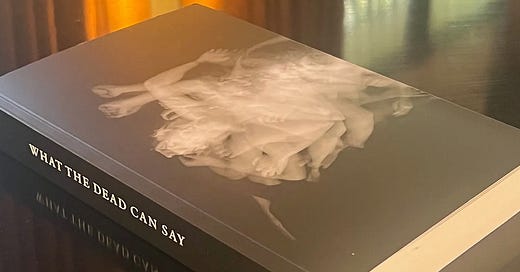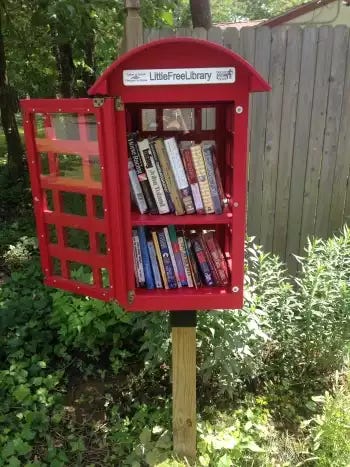1.
In Japanese, the word play (遊) is used much more widely and in many more circumstances than we find it used in English. Adults and kids alike will exclaim: let’s go play! And play as a mode of being in the world is far more noticeable in Japan. ¥
And so, I was not surprised to read that one Japan's greatest linguistic scholars, Shirakawa Shizuka, was also was fascinated by the concept of “play.” After an impressively long career studying and researching Chinese characters, he famously declared his most beloved character of all was the kanji for “play”(遊).
After he passed away, to commemorate his life's achievements, the Shirakawa Shizuka Memorial stele displaying the kanji for “play” was erected in his hometown, in Fukui. Shirakawa wrote that he loved the idea freedom inherent to the concept of “play”– since he said in ancient times, the idea of “freedom” was thought to be how the gods lived. Play as an end in itself —like a kiss?
The stele reads thus:
遊ぶものは神である。神のみが遊ぶことができた。
遊は絶対の自由と、ゆたかな創造の世界である。それは神の世界に外ならない。この神の世界にかかわるとき、人もともに遊ぶことができた。(中略)
遊とは隠れたる神の出遊をいう。
(遊学論)
“Play is something sacred. Only the gods could truly play. Play signifies absolute freedom and a rich world of the imagination that existed only for the gods. When people came to access this world of the gods, they too were able to play. And when they played, the gods would come out and join them”
Heidegger echoes the same idea regarding the connection of play, freedom and the imagination when he declared:
Cum Deus Calculat Fit Mundus: “When God plays, a world comes to be.”–Heidegger
2.
My life in California can feel pretty humorless, especially compared to my previous years in Japan. People seem more self-serious, and I can say that I really don’t smile or laugh as much anymore.
I recently started working as a reader for a literary magazine—reading the slush pile. I will tell you about the magazine later, but for now I will say it has a 1% acceptance rate. Yikes! And I only know the online magazine because of their fabulous poetry offerings. That is, it really isn’t that famous.
So yeah, 1%!!!
That alone can make a person stop laughing. Talk about a long-shot. My husband is a professor at Caltech and he says the acceptance rate there is 5%… Harvard might be higher still for undergraduates. Anyway, 1%.
Last week, I found out I made it to finalist for an amazing residency —it was quite a reach for me to even get the nerve to apply— and so, I was so filled with joy to just get close. But they also said that their acceptance rate was “much lower than 1%.”
I want my writing to feel fun and playful but sometimes things do seem a bit hopeless if you know what I mean.
And shouldn’t art be playful? As slush readers we aim at 3% positive reaction—and out of a hundred, the three I chose were wonderfully voiced. One was not a happy story and yet the voice had a sense of wry humor and there was that playfulness—which is something I truly love in art.
One of my friends is interested in the art of clowning— she is a poet, so it made perfect sense to me. To recapture the joy and playful spirit of creation and performance.
3.
All of this is why I was so captured by Philip Graham’s What the Dead Can Say project.
This is is eighth book. He has published books with Random House and Scribner, and fiction in the New Yorker. So, yeah, he achieved great success! He became a bit discouraged by the finanialization of art —and publishing in particular. In an interview at 3 Quarks Daily, he says:
In recent years the corporatization and commercialization of publishing has accelerated alarmingly, as numerous articles have observed, with hair-raising titles like “Is the Publishing Industry Broken?” “But What About the Books?” “Book Publishing’s Broken Blurb System,” and “How Has Big Publishing Changed American Fiction?”
Think of the hurdles a writer has to go through in the current system, in order to reach a reader: agent, editor, marketing staff, overworked in-house publicist, then the slim chance of enough positive book reviews (if any reviews at all) to land copies of one’s novel or memoir on a bookstore’s shelves, the spine facing out for maybe three months before being shipped back. Unless, of course, you’re a TV star and you’ve written a cookbook.
And so, he decides to do something fun!
He arranges to privately a 1,000-copy limited edition run and then to give away every copy. The books are like works of art, so this was a true labor of love…. and then how does he give them away? Well, he makes a 10,000-mile journey through 28 states to deposit copies in free little libraries!
There is more too… he has created a quest with a bar code printed inside the books and has now create a website with excerpts read by various friends of the project.
It’s fun and totally inspiring.
Dutch medievalist and historian Johan Huizinga argued that play was, until the 18th century, a fundamental mode of our being-in-the-world. That is why he says we are not homo sapiens – nor are we, as Nietzsche suggested, homo fingens. Human beings, living within their narratives and stories are fundamentally homo ludens.
Philip Graham’s wonderful essay in the Millions: A Mystery in the Shape of a Book
Interview with Philip Graham in 3 Quarks Daily: A Stealth Literary Project







And the fun continues online, too, where WHAT THE DEAD CAN SAY launches in weekly installments, complete with original line drawings by artist Emily K Mell, and a brief weekly newsletter teaser. Plus the Jennyverse Chorus: 21 brief audio clips — one short excerpt from each chapter, read aloud by a different writer each week — including the wonderful Leanne Ogasawara! whatthedeadcansay.com
Your characterization of Philip Graham's distribution experiment is a great way to remind us of the importance of play. I think a lot of people confuse play with competition, which is possibly why 'play' has turned so serious in our culture. The older I get, unencumbered by worry over percentages, the more play I find in my life: Playing for its own sake--or writing for its own sake--is the ultimate reward. One may hope to bring a smile to a stranger's face, but the most important thing is that one smiles oneself. Play should not be associated with grim determination. It should be the happy activity that opens up the imagination.